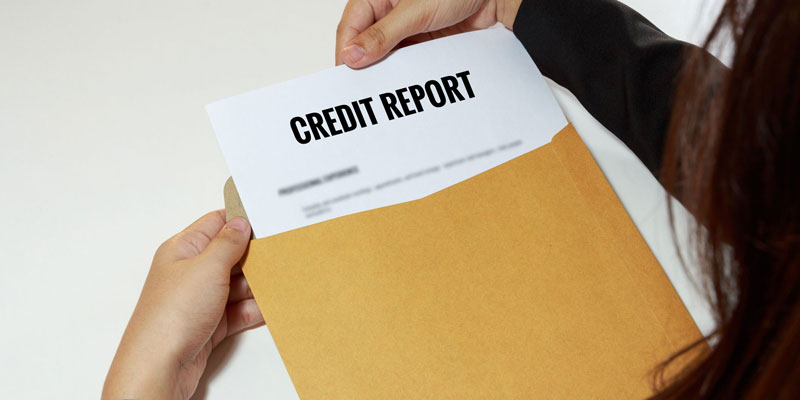You should anticipate some communication from lenders and collection agencies when you fall behind on payments. Such an attempt at collection occurs frequently. Though frustrating, it's simple to disregard collection attempts after explaining why you can't pay or why the debt isn't yours.
The Collectors May Visit Your Residence

Most creditors will communicate with the debtor by letter and phone to collect a debt. The cost of sending an actual person is substantially higher and is probably not warranted. However, they have the same right to knock on your door and inquire as everyone else.
There is no prohibition against bill collectors making personal visits under federal law or the Fair Debt Collection Practices Act (FDCPA). However, there are standards they must obey, both those unique to the debt collection industry and those that apply more generally. You have the right to be free from interference from others, such as protection from harm or the destruction of your property.
Indebtedness That Is Not Guaranteed

Your home and its contents are generally safe from creditors if you have unsecured debts like credit cards or student loans. Because you did not put up any collateral when you took out the loan, it is considered an "unsecured" loan. The lender, therefore, has no legitimate grounds to seize your belongings. They can lower your credit score, charge you late fees, and even sue you, but they can't physically break into your home and steal your belongings.
Loans With Security
Debt collectors have the legal right to repossess the collateral for unsecured debts physically. Repossession of a car is the most typical scenario. Lenders have the right to repossess your car if you take out a loan to purchase it or use the title as collateral for a loan.
You still have rights, and collectors are required to respect the law, even if your debt is secured. A repossession agency cannot use physical force or threaten you to gain entry to your home or garage.
Debt Collectors Can Visit Without Notice.
- Unlike court-appointed representatives like bailiffs, debt collectors are not subject to any judicial process.
- Debt collectors are required to follow certain practices and have specific authority levels. You have the right to file a complaint against a debt collector if you feel you have been treated unfairly.
- Most debt collectors adhere to a code of conduct established by an industry group like the Credit Services Association.
Can A Debt Collector Show Up Unannounced?
Unlike court-appointed representatives like bailiffs, debt collectors are not subject to any judicial process. Collectors of past-due accounts are subject to regulations and have limited legal authority. A complaint might be filed if you feel a debt collector has treated you unfairly. Most debt collectors belong to an industry group like the Credit Services Association, which has a code of conduct outlining the requirements their members must satisfy.
The Legal Limits Placed On Debt Collectors
One Who Collects Debts Can:
- A House Call
- Meet with you in private to discuss your debt and work up a repayment plan.
- They'll want you to pay up.
Debt Collectors Can't:
- Visit you at the office.
- Create an intimidating atmosphere or a threatening situation by acting out.
- Intrude into your home against your will or ignore your requests to leave; steal your possessions or clamp your vehicle.
- It's illegal to pose as a bailiff or enforcement agent.
- If you need help paying off your debt, talk to your friends, relatives, or roommates.
What If A Debt Collector Visits My Home?
Start by requesting photo identification and writing down their full name. Debt collectors should always have photo IDs on them. If you don't feel safe, you shouldn't let them in. Please do not feel obligated to engage a debt collector in conversation; request that they go.
Once the debt collector has left, you are free to settle the matter over the phone or in writing. If you're willing to talk, offer the debt collector a copy of your monthly budget and explain what you can afford to pay them.
A Description Of Their Search Procedure
You don't have to go to great lengths to conceal your whereabouts because a personal visit is highly improbable, and you can always ask them to leave. However, committed folks may come up if they see a financial benefit. Creditors can obtain information such as your address and other pertinent details from a wide range of public and private databases.
Ignoring A Debt Collector: What Happens?
No communication from debt collectors should be ignored. When you disregard a debt collector's attempts to get their money back, they may resort to extreme measures. This may require legal action, such as a County Court Judgment. Instead of demanding immediate payment in full, many creditors will agree to temporary payment arrangements based on what they can afford.




